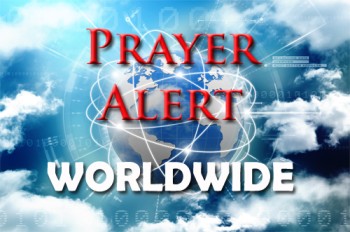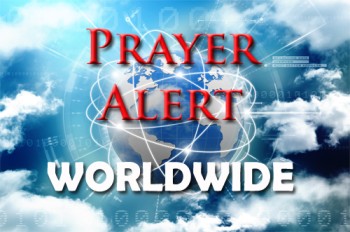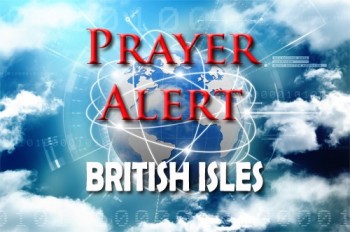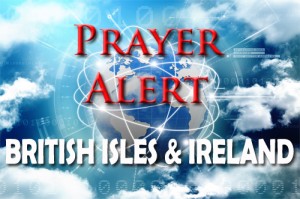Displaying items by tag: amnesty
Peru: president issues amnesty for hundreds accused of atrocities
President Dina Boluarte has signed a contentious law pardoning soldiers, police, and civilian militias accused or convicted of atrocities during Peru’s 1980–2000 armed conflict against Maoist rebel groups Shining Path and Tupac Amaru. The measure, despite an order from the Inter-American Court of Human Rights to suspend it, will release those over 70 and halt or overturn more than 600 trials and 156 convictions. Peru’s Truth and Reconciliation Commission estimates that there were 70,000 deaths and 20,000 disappearances during the conflict, with state forces responsible for significant abuses, including 83% of documented sexual violence cases. Human rights organisations and UN experts have condemned the law as a betrayal of victims and a blow to decades of accountability efforts. Critics warn it undermines justice for survivors of massacres, torture, and enforced disappearances, while supporters describe it as honouring those who fought insurgency. The law deepens debate over justice, reconciliation, and impunity in Peru’s fragile democracy.
Iran: human rights activist faces execution
Humanitarian worker and Kurdish activist Pakhshan Azizi faces imminent execution in Iran after a Revolutionary Court sentenced her to death in July 2024. Her conviction is solely based on her peaceful humanitarian work, including aiding displaced women and children in northeast Syria. Despite allegations of torture, Iranian authorities failed to investigate her mistreatment. She was arrested in August 2023 alongside family members, who were later released on bail but sentenced to prison for alleged national security offences. Since her detention, she has gone on several hunger strikes in protest against Iran’s policies; in reprisal, authorities have denied her family contact and opened new cases against her. Iran has intensified executions, particularly targeting ethnic minorities like Kurds and Baluchis. Human rights groups warn that the Iranian regime is using the death penalty as a tool of repression, disproportionately affecting political dissidents and minority groups. To add your name to a petition for her release, go to
Northern Ireland: mother and baby inquiry
Mary, a former resident of Marianvale Home for mothers and babies in Newry, said, ‘My baby was taken from me. We have been asking the Executive to set up an inquiry for years. Ministers have brushed us aside.’ Her statement echoes the cry of women and babies in near-identical institutions who suffered arbitrary detention, forced labour, ill-treatment, and the removal and forced adoption of their babies. These criminal acts were carried out by both Catholic and Protestant churches and organisations. They enforced a regime of praying, knitting and scrubbing floors. Women were treated as prisoners, not expectant mothers. There were over a dozen of these institutions, where 7,500 women and girls gave birth. The last one closed in the 1990s. Two UN committees have recommended that the government should establish an inquiry into these abuses.
Windrush: immigration amnesty
Fifty years ago corner shops advertised rooms to let with the warning, ‘No coloureds, no Irish, no pets’. The early Windrush migrants from the Caribbean faced enormous prejudice as they played a vital part in rebuilding Britain after the Blitz. The Home Office later destroyed their landing passes and other documents. Now, fifty years later, they have been issued with deportation orders. They believe they are still facing prejudice. Recently their situation was highlighted in the media, which led to parliamentary debates. Boris Johnson said there needed to be an immigration amnesty for longstanding Commonwealth immigrants to prevent others from getting caught up in the same situation. They should not have to produce overly onerous amounts of evidence to prove that they have been living here for years. Pray for attitudes to change, and that we will now value our Commonwealth brothers and sisters properly.



